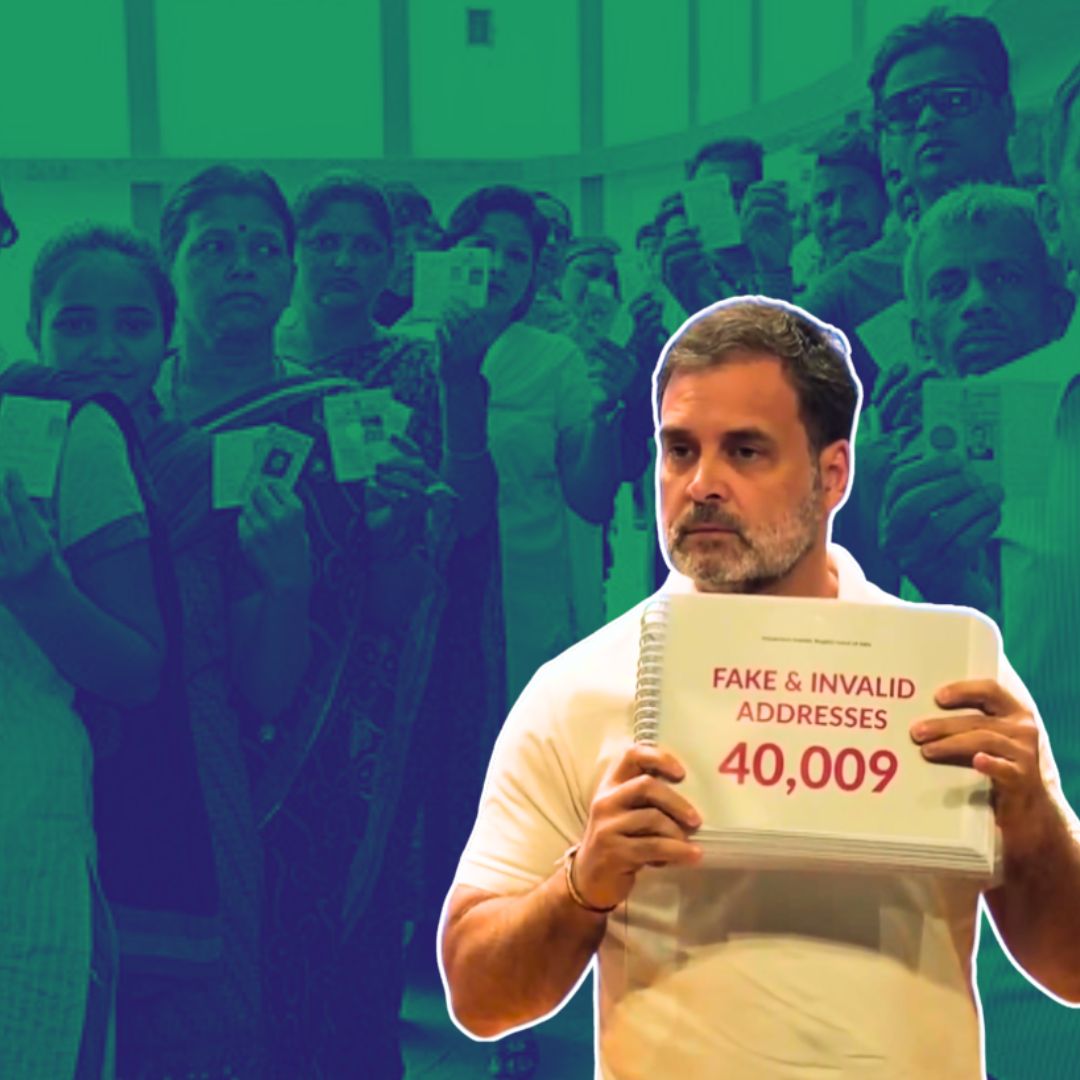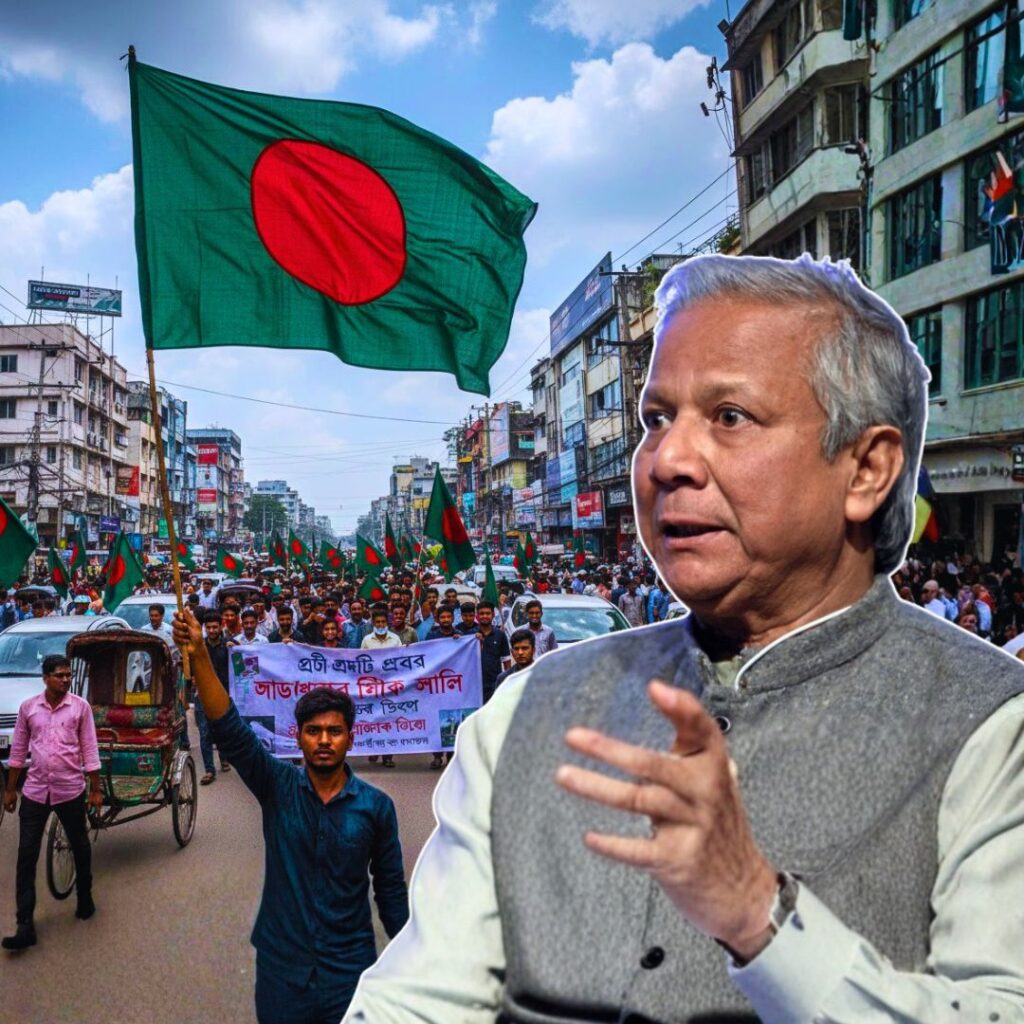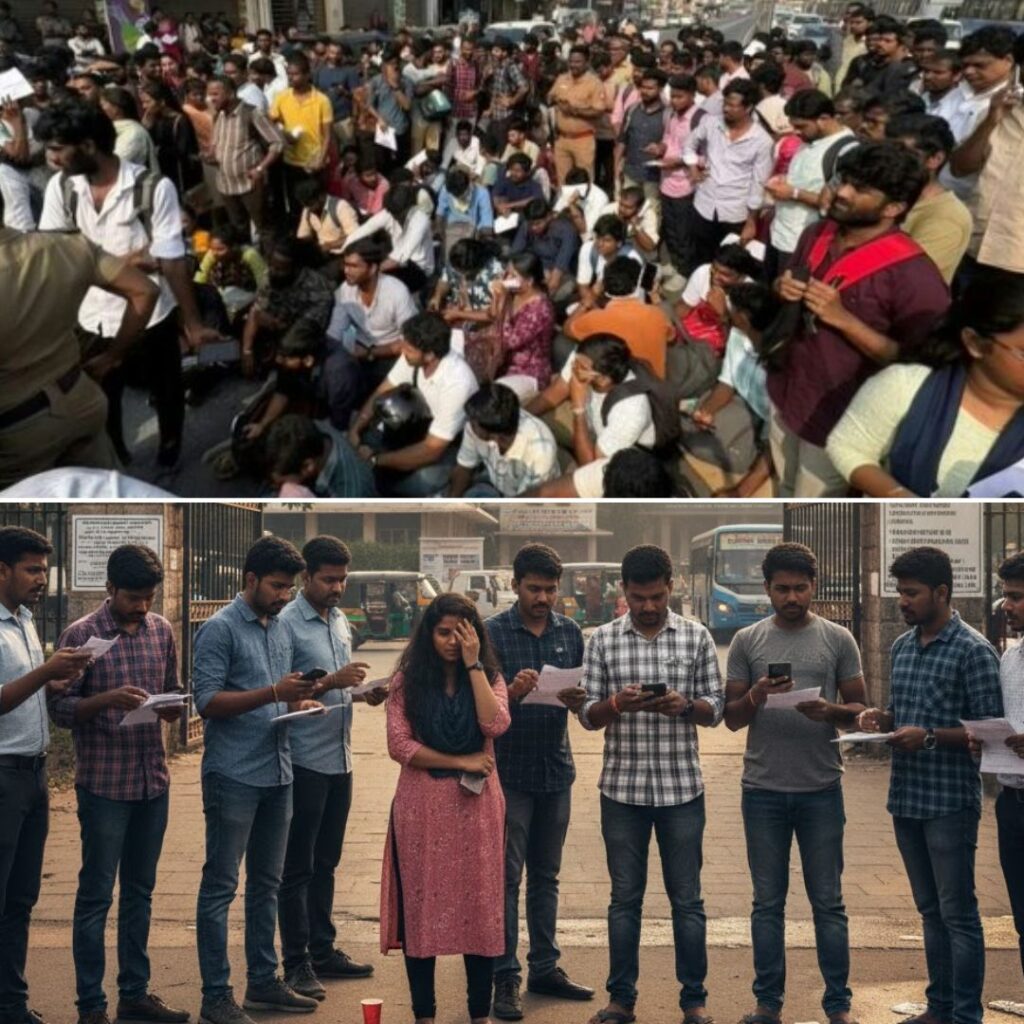Congress leader and Leader of Opposition in the Lok Sabha, Rahul Gandhi, has intensified allegations of large-scale voter fraud in the 2024 Lok Sabha elections, specifically targeting the Mahadevapura constituency in Karnataka.
He accuses the Election Commission of India (ECI) and the Bharatiya Janata Party (BJP) of colluding to manipulate electoral rolls through duplicate voters, fake addresses, invalid photographs, and misuse of voter registration forms. Gandhi demands the release of electronic voter rolls and video records to prove systemic fraud.
The ECI has dismissed the claims as “absurd,” demanding Gandhi submit a signed affidavit or apologise. The BJP has condemned the allegations as politically motivated, while Karnataka Chief Minister Siddaramaiah and Priyanka Gandhi have supported Rahul Gandhi’s stance, calling for a thorough investigation.
Election Fraud Allegations: Detailed Evidence from Mahadevapura
Rahul Gandhi’s accusations center on stunning statistics uncovered in a six-month Congress investigation of Karnataka’s Mahadevapura Assembly segment. These include nearly 12,000 duplicate voter entries, over 40,000 with invalid or fake addresses, 10,452 bulk voters registered at a single address, 4,132 voters with unclear or missing photographs, and 33,692 first-time voters registered under questionable circumstances using Form 6.
Gandhi claims these irregularities amount to “vote chori” (vote theft) of over 100,000 votes-far exceeding the margin in the Lok Sabha constituency. He alleges that some individuals are registered to multiple polling stations across different states, enabling multiple voting. Gandhi also accuses the Election Commission of deliberately withholding digital voter rolls and CCTV footage to suppress evidence and prevent scrutiny of elections.
Ground Realities and Election Commission Response
On-ground checks by media revealed voters registered at physically tiny residences in Bengaluru-such as one house measuring 10–15 square feet with 80 voters listed. Current residents denied connection to many listed voters, while property owners associated with the BJP admitted past tenants had registered but mostly moved away, sometimes returning only for voting. Election officials attribute some irregularities to bureaucratic delays in updating voter rolls and refusal by voters to remove their names.
The Election Commission and Chief Electoral Officers from Karnataka and other states have rejected Gandhi’s claims as baseless, asking him to submit a signed legal declaration with specific proof. The ECI called the allegations misleading and an “absurd analysis,” urging Gandhi to apologise if he cannot substantiate the claims under oath.
BJP leaders accused Gandhi of indulging in political theatre to tarnish the image of the EC. Meanwhile, Union Minister Bhupender Yadav criticized Rahul Gandhi’s tone as arrogant and threatening toward constitutional officials.
Political Reactions and Broader Implications
The controversy deepened political divides. Priyanka Gandhi urged the Election Commission to investigate rather than dismiss the claims, stressing that public evidence was already presented and rational dialogue should prevail.
Karnataka Chief Minister Siddaramaiah firmly backed Rahul Gandhi’s findings, accusing the BJP of exploiting the EC for electoral gain and calling for urgent government accountability. Gandhi maintained at a Bengaluru rally that he had already taken an oath to uphold the Constitution and refused to re-sworn on his fraud claims, vowing to pursue electoral transparency and accountability relentlessly. He demanded ten years of electronic voter rolls and videography to audit polling integrity nationwide and warned of “catching” those responsible if evidence was hidden.
The Logical Indian’s Perspective
Electoral integrity lies at the heart of a vibrant democracy and public trust. Allegations of systemic voter fraud, if true, damage the very foundation of constitutional governance and citizen confidence.
Conversely, such claims, if unproven or politicised, risk deepening polarisation and undermining institutional faith. Our democracy requires transparent, impartial investigations with timely disclosure from election authorities.
Political leaders must engage in honest dialogue based on evidence and respect for democratic institutions.












